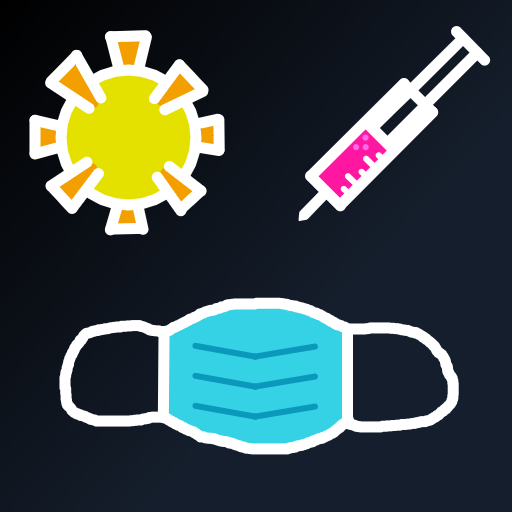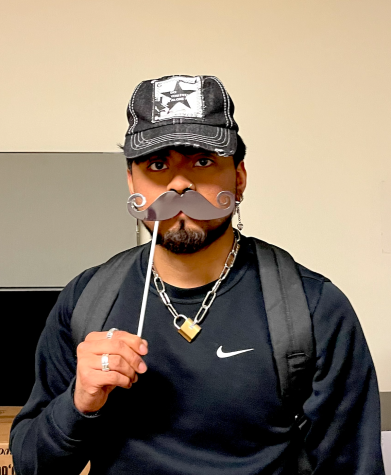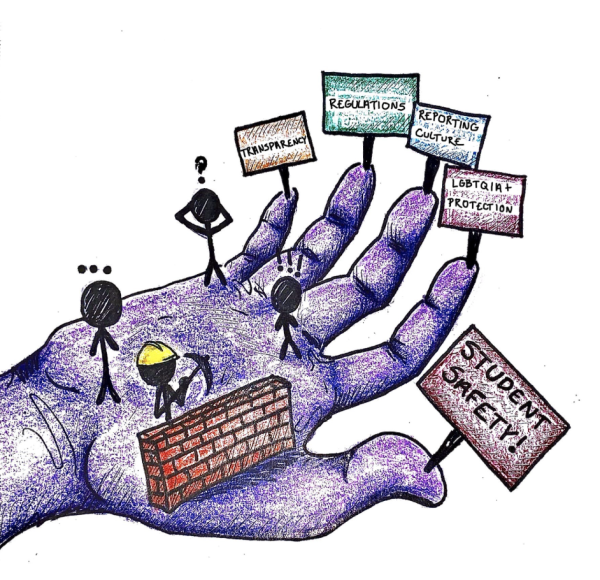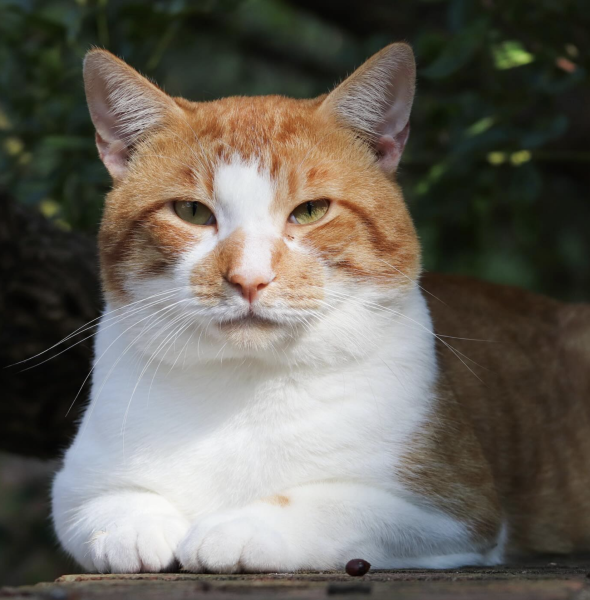Monkeypox (MPV) reaches Alamo City: What do students need to know?
How TU health services is prepared for another global health emergency
Over the summer, monkeypox virus (MPV), which had been a rare virus limited to endemic countries in Africa, spread to over 92 countries with no historic cases. A total of 99 countries have reported a case of MPV this year. In late July, the World Health Organization (WHO) declared MPV a global health emergency. Only the COVID-19 and polio outbreaks had ever previously been declared as such. This decision has allowed for more of a coordinated international response in relation to vaccines and preventative information. In the United States MPV has taken hold, with over 18,417 reported cases at press time, 29 being from San Antonio. As of now, there have been no deaths in the United States due to MPV.
Since students, faculty and staff have fully arrived back on campus, Marcy Youngdahl, director of integrated counseling & health services, has shared information via email about how to spot the symptoms and prevent contracting MPV.
After initial contraction, MPV symptoms include fever, chills, body aches and, in some cases, a rash. If a rash occurs, it may be localized to the genitals or can spread across the skin and become painful.
“A person is contagious during the ‘symptomatic period,’ and the way that this virus is transmitted is mainly through prolonged skin-to-skin contact, typically sexual contact. The best way a person can protect themselves is to avoid sexual contact with a person who is ill or has a rash,” Youngdahl wrote in an email.
Frank Guerra, interim vice president for strategic communications and marketing, sent an email to the student body on Tuesday, Aug. 16 with general MPV information. He advised that should a student become symptomatic for MPV, they should call Student Health Services at 210-999-8111. In her email, Youngdahl wrote that Health Services is prepared to evaluate symptomatic students by taking swabs of the rash. While awaiting results, the student would either stay at guaranteed isolated housing on campus or be allowed to return home. Then, the student would be treated with antiviral medication obtained from the San Antonio Metropolitan Health District.
“For students with close/intimate contact to an infected person, there is a vaccine available which can be obtained from the San Antonio Metropolitan Health District. Health Services would work with the Health Department to obtain this treatment,” Youngdahl wrote.
Simeon Gantt, a sophomore engineering major, admitted that MPV is not really on his radar considering its rarity. Nonetheless, he praised the university for the educative and preventative measures of which they have informed the student body.
“These are good measures in place,” Gantt said.
Additionally, Youngdahl emphasized that MPV is very rare. In regards to students that engage in short amounts of skin-to-skin contact, like athletes during a game or practice, Youngdahl assures that the risk is exceedingly low.
“Trinity’s sports medicine department has been briefed on MPV and the signs and symptoms to look out for,” Youngdahl wrote.
Legend Grigsby, junior engineering major and wide receiver for the football team, wrote in a message that safety precautions should be kept in place to protect the TU community. He attested to the work of the athletic department in regard to health and safety.
“The athletic trainers have made sure to stress high levels of cleanliness as both good practice and a great prevention [of MPV],” Grigsby wrote.
In addition to protocols and preventative measures, Youngdahl emphasized that she uses MPV rather than monkeypox to avoid the demeaning connotation. “‘Monkeypox’ has become sensationalized and carries a negative/inhumane stigma. This is a disease, like many others, that can be found in both animals and humans,” Youngdahl wrote.
WHO has acknowledged that the moniker can be demeaning of particular groups, like those of African descent who have been derogatorily referred to as “monkeys.” “Virus variants should be given names with the aim to avoid causing offense to any cultural, social, national, regional, professional, or ethnic groups,” the WHO website states. Because of this, WHO has decided to engage with the public about what to rename the virus.
Overall, MPV is a rare virus. Nonetheless, students must be cautious by practicing the appropriate preventative measures like avoiding close physical and sexual contact with persons that are symptomatic, especially those with rashes.
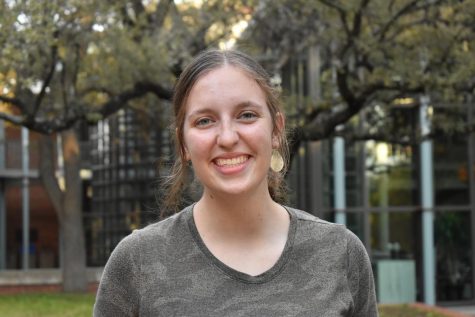
Hello, y'all! I'm Abby Power, and I am a sophomore news reporter from Kyle, Texas. I intend to major in Political Science, Spanish, and Global Latinx Studies....
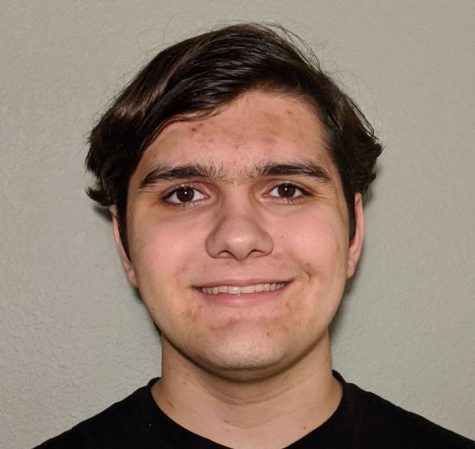
I'm Tony Rodriguez! I'm a junior from San Antonio, TX, majoring in math, and I worked as a copy editor for the Trinitonian about two years ago and am now...

